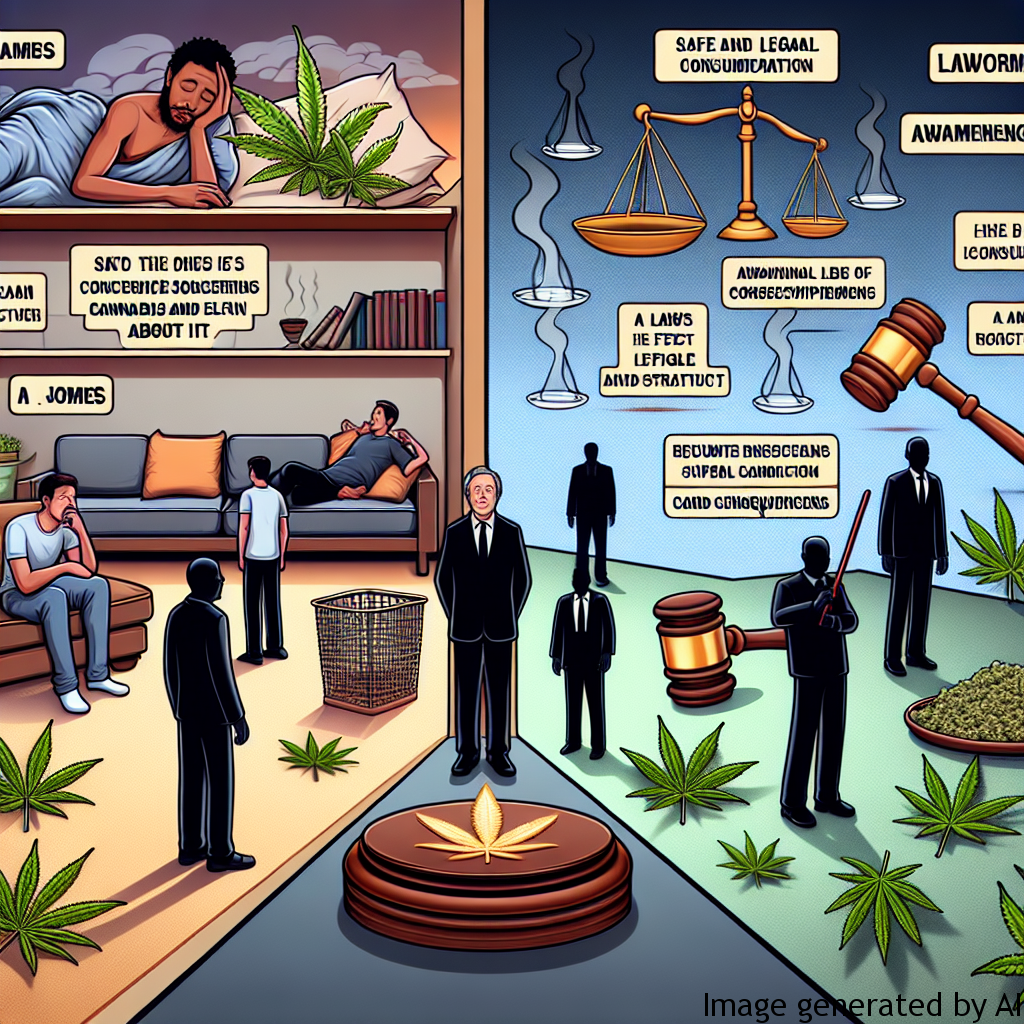Introduction
Cannabis use has been a point of contention and debate across the globe. As more countries and states move towards decriminalizing or legalizing cannabis use – for medical or recreational purposes – it becomes increasingly important to consider the impact on various demographics. This article focuses on the legal aspects of cannabis use and its impact on men, particularly from a perspective of gender expectations and psychological health.
Gender Expectations and Their Influence on Men’s Psychological Health
Gender Roles and Cannabis Use
Society often imposes specific gender expectations on men, one of them being the expectation to be tough, emotionally strong, and capable of handling stress or pain. This expectation could potentially influence men’s choices in terms of substance use. For instance, the perceived manliness associated with cannabis use could lead men to use the substance as a coping mechanism. However, this may result in drug dependence and subsequent psychological stress.
Legalization of Cannabis and its Impact
In places where cannabis use is legalized, there is a normalization of its usage which could encourage consumption and accelerate the development of substance dependence. Men, in particular, due to social pressure and gender stereotyping, could be at higher risk.
Examples of How Gender Roles May Impact Men’s Lives
A prime example can be seen in the case of cannabis use for pain management. Men, being pressured by societal norms to show strength and avoid showing vulnerability, may resort to using cannabis for self-medication, dodging conventional methods. This could lead to disproportionate cannabis use and associated health risks in some cases.
Another example relates to how media and pop culture often portray cannabis use as a masculine activity, causing men to use cannabis as a source of societal identity or to conform to these masculine norms.
Tips for Improving Psychological Health Considering Gender Roles
Recognition of gender stereotypes and their influence on behavior can facilitate a healthier approach to cannabis use. It can involve demystifying masculinity associations with cannabis and encouraging open discussions on stress management instead of self-medication practices. Moreover, healthcare professionals should take into consideration these societal pressures when advising on substance use. The promotion of healthy, stress-relieving activities and lifestyle choices could also aid in improving psychological health.
Conclusion
Understanding the legal aspects of cannabis use and its impact on different demographics is crucial, with men being a particularly interesting case due to societal gender expectations. The legalization or normalization of cannabis can have varying impacts on men, potentially leading to higher consumption rates, substance dependence, and associated psychological stress. Hence, mitigation strategies, such as acknowledging the influence of gender stereotypes, promoting open conversation, and healthy lifestyle choices, are essential for managing this issue.

